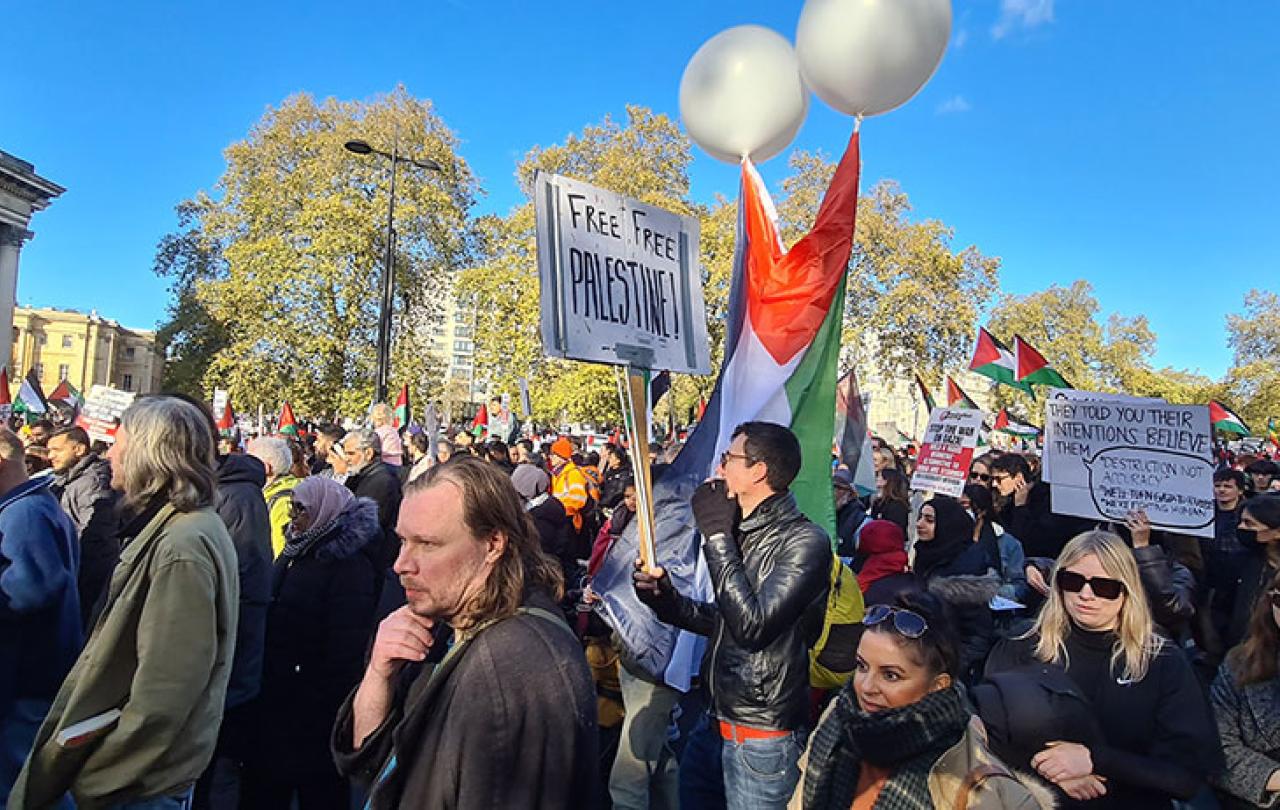
Christmas cheer has long gone, the weather is grey and wet, bills are high and we’ve most likely already broken our New Year’s resolutions - January seems to have a lot to answer for!
So much so that the third Monday in January has actually been called “Blue Monday” - the most depressing day of the year.
It was developed using a mathematical equation taking into account all the elements of January misery - and the cure? Booking a sunny holiday.
It sounds like it makes sense, doesn't it? Don’t we all feel a slump in the dark cold days in the middle of January?
The problem is, ‘Blue Monday’ is based on some rather shaky pseudoscience concocted purely for a travel company to sell their summer holidays. In the equation, the units are undefined, and the formula can’t be verified making it effectively useless.
Despite this, the idea of Blue Monday has captured our imaginations and our attention - meaning that even though it is nothing more than a marketing campaign written way back in 2005 - the idea has stuck around because it makes sense.
And we like to make sense of our feelings, don’t we? If we can pinpoint a specific reason for why we feel low or unmotivated, we feel less alone. Perhaps that’s why the idea of Blue Monday has persisted for twenty years.
For some, the seasons can have a tangible effect on mental health, up to three percent of people live with ‘significant winter depression’ and gimmicks like Blue Monday risk trivialising the debilitation of Seasonal Affective Disorder.
Even for those of us who do not live with seasonal mental illnesses, we have different needs according to the seasons. Our energy ebbs and flows throughout the year - it’s natural to want to live at a slower pace during the dark winter months -many people find themselves sleeping and eating more when we have shorter days and longer nights.
Emotionally we will also have seasons where we experience life as vibrantly as spring and others when we want to retreat and feel the need to grieve our losses as the seeds hide beneath the ground away from the cold, waiting to bloom.
Author Katherine May writes about this in her book Wintering: “Plants and animals don’t fight the winter; they don’t pretend it’s not happening and attempt to carry on living the same lives that they lived in the summer. They prepare. They adapt. They perform extraordinary acts of metamorphosis to get them through.”
It’s something that both the Bible and the church year recognise, that we have to adapt to the seasons of life we’re living in. The writer of Ecclesiastes, sometimes thought to be King Saul, writes that “There is a time for everything, and a season for every activity under the heavens” and he goes on to include living and dying, planting and uprooting, killing and healing.
We can be encouraged that there is no specific day that is more or less depressing than any of the others, but also recognise the changing seasons that our emotions go through in the same way as the natural world does.
What matters is that we, lean into the season of life we’re in and not deny it. The church year allows us to do so through liturgy, as we cycle through Advent, Christmas. Lent, Easter and Ordinary time. There are opportunities to grieve our losses, celebrate our joys, learn lessons and practice what it means to be in community through every emotion. By going through these seasons and leaning into the meteorological seasons we give ourselves a chance to stretch our emotional muscles in mourning, rejoicing and simply working out how to navigate everyday life!
Paul, who pastored and wrote to many churches in their early days, told one church in Rome to “Laugh with your happy friends when they’re happy; share tears when they’re down,” and this I think is simple advice for us as we travel through the seasons of our lives and the year. All emotions - however uncomfortable they might be - need attention.
Blue Monday may be a marketing myth but recognising that we need to make space for all our feelings - the happy and the sad - can be just the reminder we need.
Join with us - Behind the Seen
Seen & Unseen is free for everyone and is made possible through the generosity of our amazing community of supporters.
If you’re enjoying Seen & Unseen, would you consider making a gift towards our work?
Alongside other benefits (book discounts etc.), you’ll receive an extra fortnightly email from me sharing what I’m reading and my reflections on the ideas that are shaping our times.
Graham Tomlin
Editor-in-Chief





